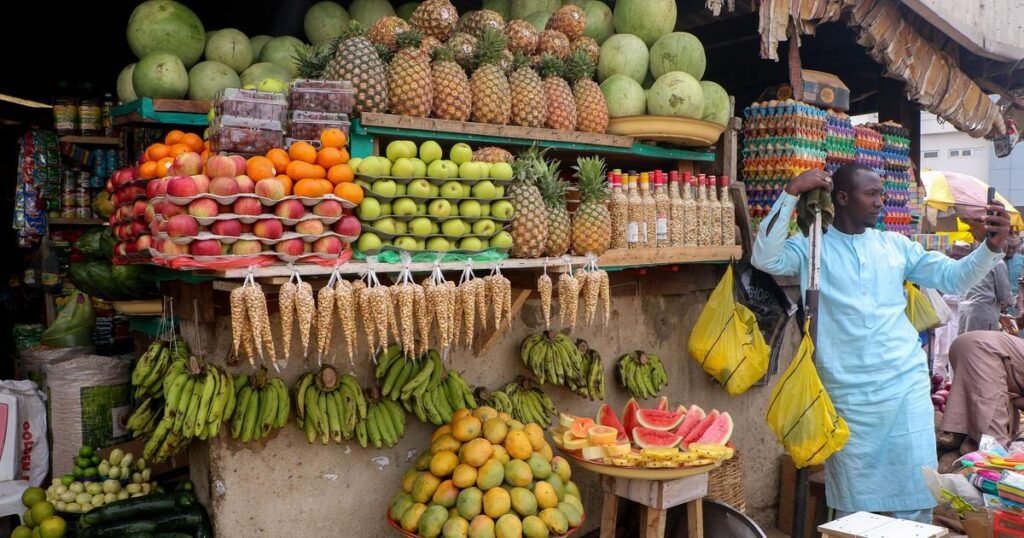The surge in inflation is mainly caused by rising fuel costs and rising food prices.
The recent hike in petrol prices by the National Petroleum Corporation (NNPCL) has put significant upward pressure on transportation and commodity costs.
“The month-on-month inflation rate reached 2.52%, showing a faster rise compared to August’s 2.22%,” the NBS report detailed, pointing to continued price increases across essential goods and services. emphasized.
Food inflation continues to contribute significantly to the inflation trend, reaching 37.77% year-on-year. This corresponds to a significant increase of 7.13 percentage points compared to the 30.64% observed in September 2023.
Notably, inflation has significantly increased the prices of certain everyday items such as vegetable oil, local and foreign beer, beef, and widely consumed items such as Lipton and Bournvita.
The core inflation rate, which excludes volatile agricultural prices and energy prices, also rose significantly, reaching 27.43% year-on-year, an increase of 5.59 points from 21.84% in September 2023.
The NBS report said that “the highest increases were observed in residential rents, intercity transportation, and meals at local restaurants,” reflecting the widespread impact of inflation on essential goods and discretionary spending. pointed out.
Urban inflation rose to 2.67% in September, while rural inflation also rose to 2.39%, indicating that inflationary pressures are affecting both urban and rural residents. .
Amid rising core inflation and widespread price increases, Nigeria’s inflation trajectory highlights the need for targeted interventions to curb the impact on consumers, especially essential goods and services.

